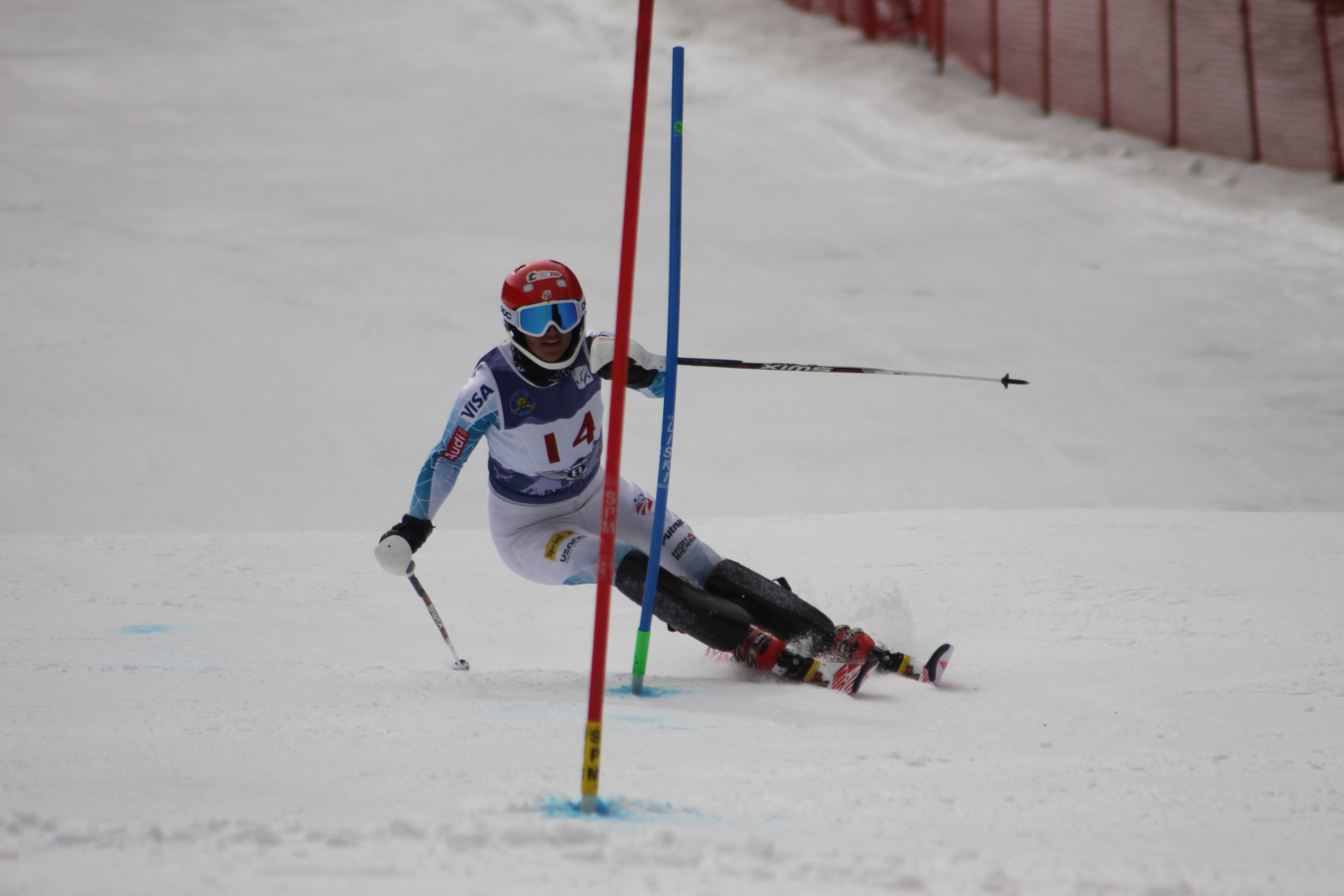Athlete Services

The following list represents a range of potential consultation topics for individual athletes. Developing competence and mastery of mental strengths serve as the basis for Journey Sports Consulting’s mental skills approach for performance, and specifically competition performance. These topics are all a part of a positive psychology model where the goal is to strengthen the “mental game” individual athletes, teams, and coaches. These contribute to an effective athlete-coach working relationship and serve to enhance performance of the individual athlete, as well as support more effective functioning of performance/athletic teams.
Intentions and Destinations
The destination is an important part of any journey; Why do you choose one path over another? What do you want to accomplish? Where are you going? Your purpose is a critical point for exploration in planning a performance and sport career. Exploration of process and outcome goals is the focus of this area of interaction.
Discovering the Path
Process, the how of your performance journey, is a critical piece of the puzzle. The methods employed, the scope, the content and sequencing of efforts will all help define what we will do along the way to desired outcomes. Attaining specific standards of competence in a domain of sport, or life performance within a defined period of time, determines your effort. Setting the process goals can a) define a training progression and objectives of a learning sequence, b) plan skill acquisition or utilization methods and their timeline, c) identify desired behaviors and means of attaining those behaviors, d) define and assign responsibility for actions, d) track progress, e) foster commitment, confidence, and consistency. This structure is the guidepost of when things happen.
Concentration and Focusing Skills
“Be here now”; “Live in the moment” are both familiar instructions in mental strength development. Competence in this skill, allows attention to be focused on what the desirable objects are for thoughts and emotions, as well as what is being done in the present moment. An athlete with highly tuned levels of focus knows what the task relevant cues are and is able to “be” totally in the present moment. An added desirable dimension to this skill is the control of distractions. This is one of the base factors in achieving the flow state where superior performances happen.
Energy Regulation
This area focuses on techniques for the regulation and adjustment of emotional states and levels of activation of the mind and body. The identification of a preferred emotional level for performance, learning to productively channel psychic energy in pressure situations, focus during the lead-up to competitions, methods of relaxing the mind and body, and ways of activating in the face of fatigue, or small perceived challenges, are all skills covered in this area.
Imagery/Visualization Skills
The development of the imagination and cultivating the use of all of the senses to mentally practice, rehearse movements, learn new skills, plan responses to expected events, and mentally prepare for unexpected challenges, are skills particularly appropriate for performance planning and rehearsal. These activities, which take place in the open performance environment where there is little or no possibility of rehearsal in the actual competition condition, demand the ability to mentally plan the appropriate physical and mental responses to the conditions during competition. These skills may also be used to practice social and professional interactions, as well as develop a positive and successful self-image, and as a way to imagine solutions to a variety of problems.
Confidence
Knowing one is equal to the challenge is a specific mindset that is purposely developed. Methods of increasing confidence include the development of positive self-image, positive self-talk, having realistic expectations, tracking progress, and evaluating this progress. Validation and modification of training is the desired outcome of learning and utilizing these methods. Specific results of utilization of these methods include productive self-talk, positive affirmations, having triggers and cues, cognitive restructuring, reframing, and more. Confidence can come from motivation. Methods of fostering motivation are possible in both team and individual settings.
Mental Preparation and Performance Planning
Specific planned, practiced methods of completely preparing for a specific competition, as well as practice sessions is key to having successful performances. Developing sequential mental rehearsal to achieve competitive readiness contributes to competitive success. Sport specific application of imagery skills, in such areas as course inspection and game scenario rehearsal, are acquirable skills. Creating a personal performance profile, training and competition plan, and tracking journals are all aspects of this skill set.
Career Planning
Athletic career planning, including content analysis, academic integration, potential future program evaluation, college program “fit”, scholarship application, and transitions are all potential topics of interaction. Additionally, preparation for elite athletic retirement and application of sports life skills development are also topics of exploration.
Additional mental strength training and skill development topics:
- Effective Communication
- Athlete-Coach, Coach-Parent, Parent-Athlete
- Motivation and motivational styles
- Emotional styles
- Attributions
- Growth-fixed personality traits
- Grit, commitment to long range planning and perseverance
- Coach-athlete relationship building and nurturing
- Team dynamics and team building
- Learning styles
- Competitive styles
- Resilience and hope
- Optimism
- Happiness
- Fear of failure or success
- Anxiety and coping with stressors
- Fear
Consulting Services








